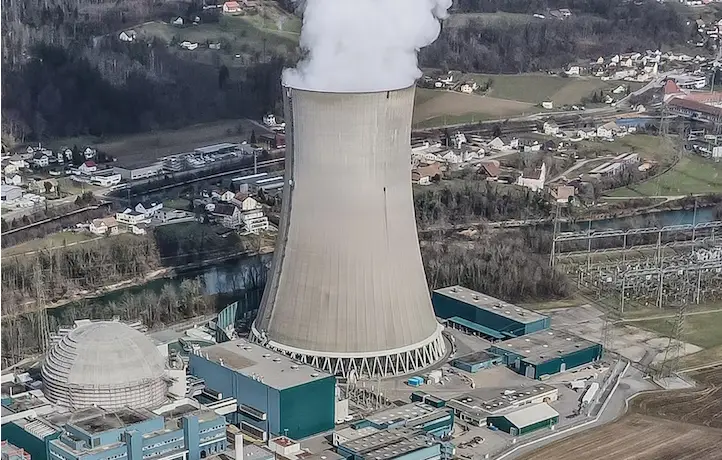On Sunday, the British Telegraph reported that two UK nuclear power plants are running the risk of being shut down next year due to a windfall tax passed recently by British authorities. The report cited French grid operator Electricite de France (EDF), which runs the stations, as issuing the warning.
The French grid operator, which runs all five currently operating nuclear plants across the UK, said the new tax which goes into effect January 1st, will make it more difficult to operate the ageing Heysham 1 and Hartlepool stations.
The UK government enacted the Energy Price Levy earlier last year, expanding it in November, as the government sought to replenish a depleted government treasury, which has been drained by subsidizing the skyrocketing natural gas bills which the UK has seen since joining Western sanctions on Russia following Russia’s invasion of Ukraine in February.
Oil and gas electric generators saw their windfall tax raised from 25% to 35%, with an overall tax rate on profits from UK operations hitting 75%. Meanwhile, any income from lower-carbon power sources which is sold for more than £75 ($91) per megawatt hour starting 2023, would be taxed at 45%.
Rachael Glaving, commercial director of generation at EDF UK, said in an interview on the effects of the tax increases, “We accept there’s definitely a need for a levy of some kind – you’ve got to break the link between really high gas prices and the impact they have on power prices. But of course that’s going to factor into the business case of life extension and we’ll have to take that [the windfall tax] into consideration. It’s not going to make it easier.”
She emphasized that the increased taxes would damage the business case for maintaining the facilities, right at the moment when energy is so important, and inflation is driving up so many other costs.
Supplying over two gigawatts to the electric grid, Heysham 1 and Hartlepool supply enough power for four million households each year, as well as almost 4% of the power Britain uses during its highest peaks of winter demand.
Originally, the two power plants were scheduled to close in March of 2024. However the operator has considered extending the plants’ operating period for a “short term” as Europe is racked with an energy crisis due to the sudden withdrawal of cheap Russian energy supplies.

